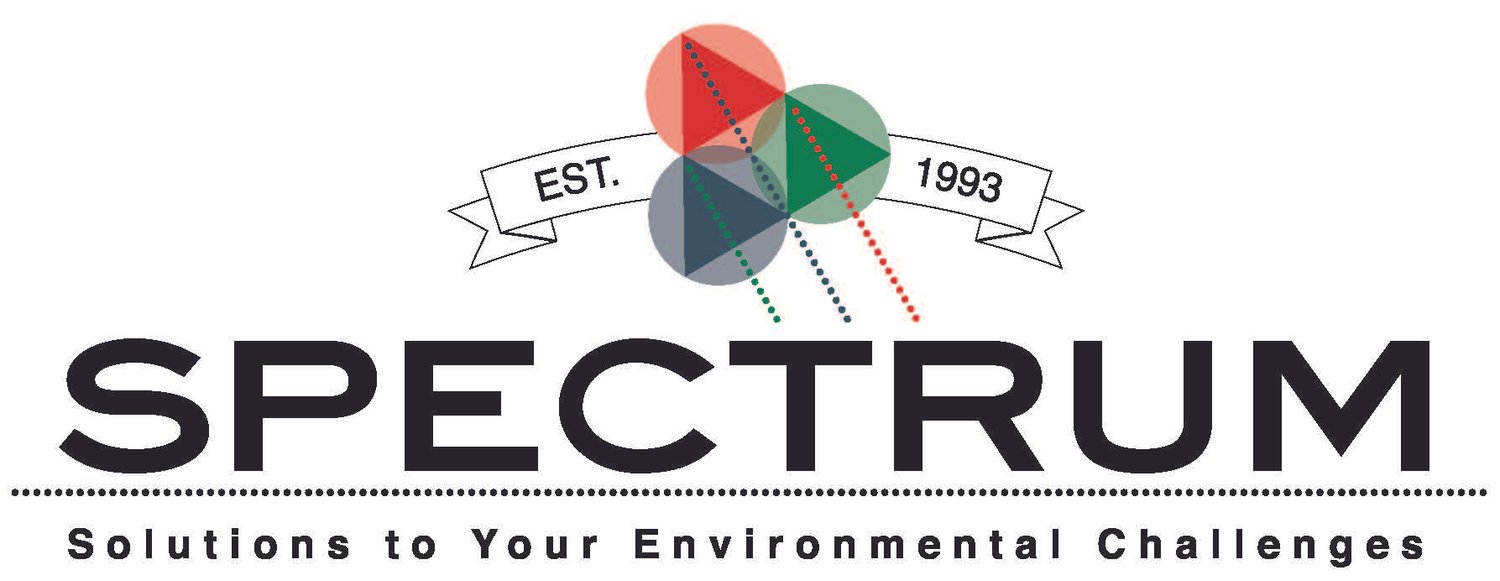The Basics of Industrial Coatings
If you own or manage any sort of industrial or commercial facility, you know that your facility needs to look good to present a professional image, and it needs to be kept in sound working order for safety, productivity, and compliance reasons. That’s where industrial coatings come into play.
Industrial coatings consist of a variety of protective coatings and finishes that are applied to surfaces in commercial and industrial settings to improve aesthetics, protect against weathering and corrosion, provide insulation, and enhance performance. These coatings are used in nearly all industries, including construction, marine, aerospace, and manufacturing. The types of coatings used and how they are applied in each facility will vary depending upon the intended application, environmental conditions, and performance requirements.
Key types of industrial coatings include:
Abrasion-Resistant Coatings:
Abrasion-resistant coatings are applied to materials subjected to high levels of impact or friction. They are most-commonly used on industrial equipment, machinery, and high-traffic.
Anti-Graffiti Coatings:
Anti-graffiti coatings have a chemical composition that prevents graffiti from adhering to the coated surface. These types of coatings are often used to protect exterior walls and signs that are accessible to the public and subject to vandalism.
Anti-Slip and Non-Skid Coatings:
These types of coatings are applied to surfaces such as floors, stairs, ramps, and floors to reduce the risk of slips and falls. They typically have a textured surface that provides traction even in wet or slippery conditions.
Chemical-Resistant Coatings:
Chemical-resistant coatings are often used in laboratories, chemical processing plants, and industrial facilities where exposure to hazardous chemicals is a concern. These types of coatings provide protection from chemical exposure that may damage or corrode equipment and structures.
Corrosion-Resistant Coatings:
Corrosion-resistant coatings protect metal surfaces from corrosion caused by exposure to moisture, chemicals, and weather. Epoxy coatings, polyurethane coatings, zinc-rich coatings are examples of these types of coatings, and which ones are used will vary depending upon the nature of the corrosion threat.
Decorative and Aesthetic Coatings:
Some industrial coatings are applied for decorative purposes to improve the appearance of surfaces at a facility. These coatings can include various colors, textures, and finishes designed to call attention to or to camouflage facility structures and equipment.
Epoxy Coatings:
Epoxy coatings are applied to floors, walls, and surfaces in commercial and industrial settings. They are known for their versatility and exhibit chemical resistance, strong adhesion, and durability in most settings.
Fire-Resistant Coatings:
Fire-resistant coatings are used on structural steel, walls, and other surfaces in buildings to delay the spread of flames and reduce fire damage.
High-Temperature Coatings:
Like fire-resistant coatings, high-temperature coatings are applied to surfaces that are regularly exposed to heat, such as engines, exhaust systems, and industrial equipment. They often contain ceramic materials to provide thermal insulation.
Polyurethane Coatings:
Polyurethane coatings offer excellent resistance to abrasion, chemicals, and UV light. They are often used on surfaces where long-term performance and durability are required.
Reflective Coatings:
Reflective coatings provide enhanced visibility and safety in low-light conditions. These types of coatings are often used when marking roads, safety equipment, and signs to increase visibility and reduce the potential for accidents.
Waterproof Coatings:
Waterproof coatings are designed to protect surfaces by preventing water and moisture penetration. These types of coatings are often used on building exteriors and roofs.
Weather-Resistant Coatings:
Weather-resistant coatings protect against the effects of weather, including moisture, temperature extremes, and UV radiation. These coatings are often used on equipment, signs, and outdoor structures.
Obviously, there are a lot of options when it comes to selecting the right industrial coatings for your equipment or facility. You may not have the time to pore over your options, and you may not have the manpower to assign to applying these coatings. That’s where Spectrum Environmental Services comes in!
Spectrum Industrial Services offers a turnkey approach to your industrial coatings project. Our team can provide all initial cleaning, surface preparation, application, and cleanup services required to apply the appropriate coatings to your equipment or facility. Applications can be made in a variety of ways, including (but not limited to) brush, roller, HVLP guns, conventional spray pots, squeegee, and trowel. Contact us today to schedule a meeting with one of our Project Managers to discuss the basics of industrial coatings and scope and needs of your next industrial coatings project!

